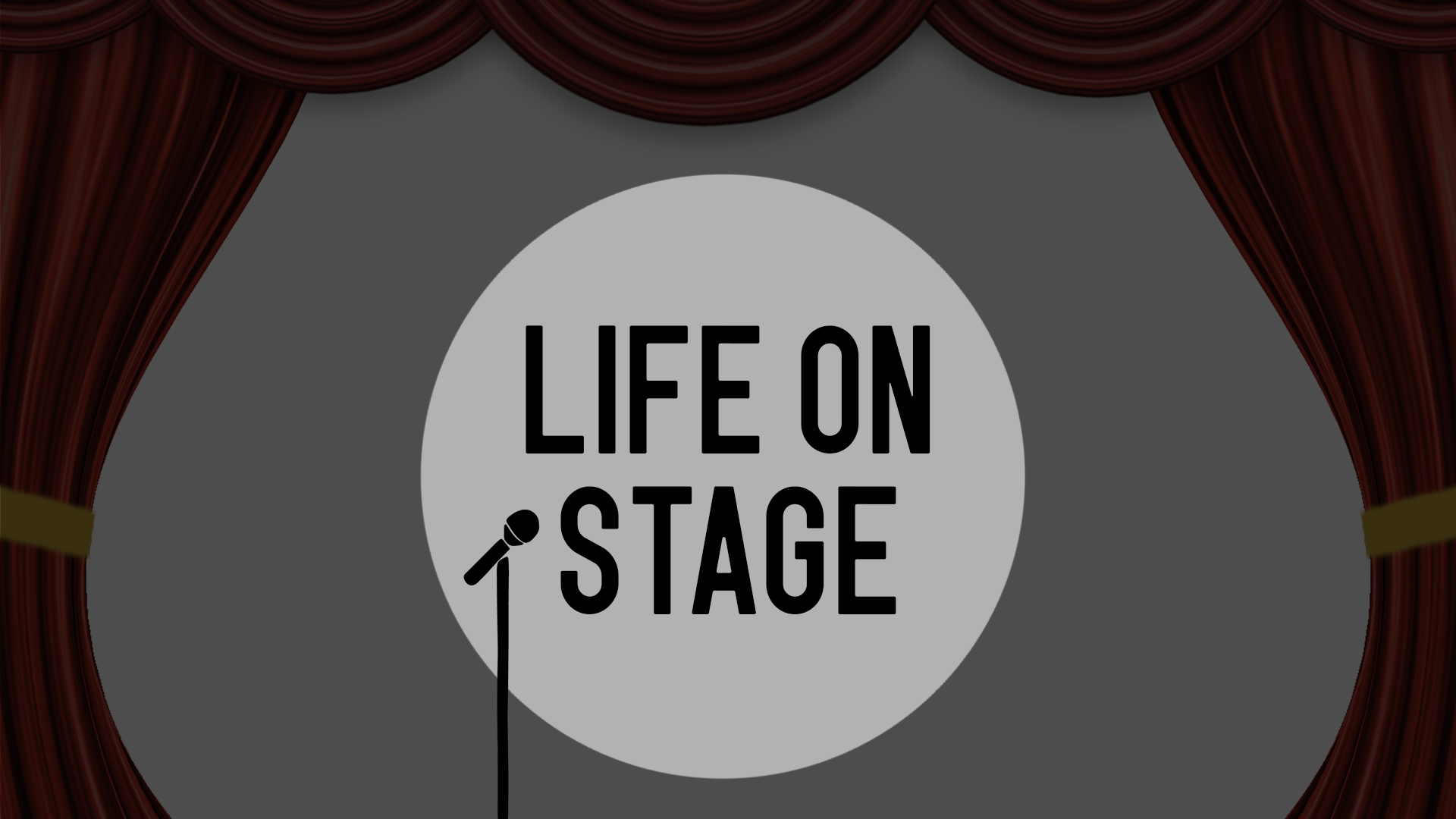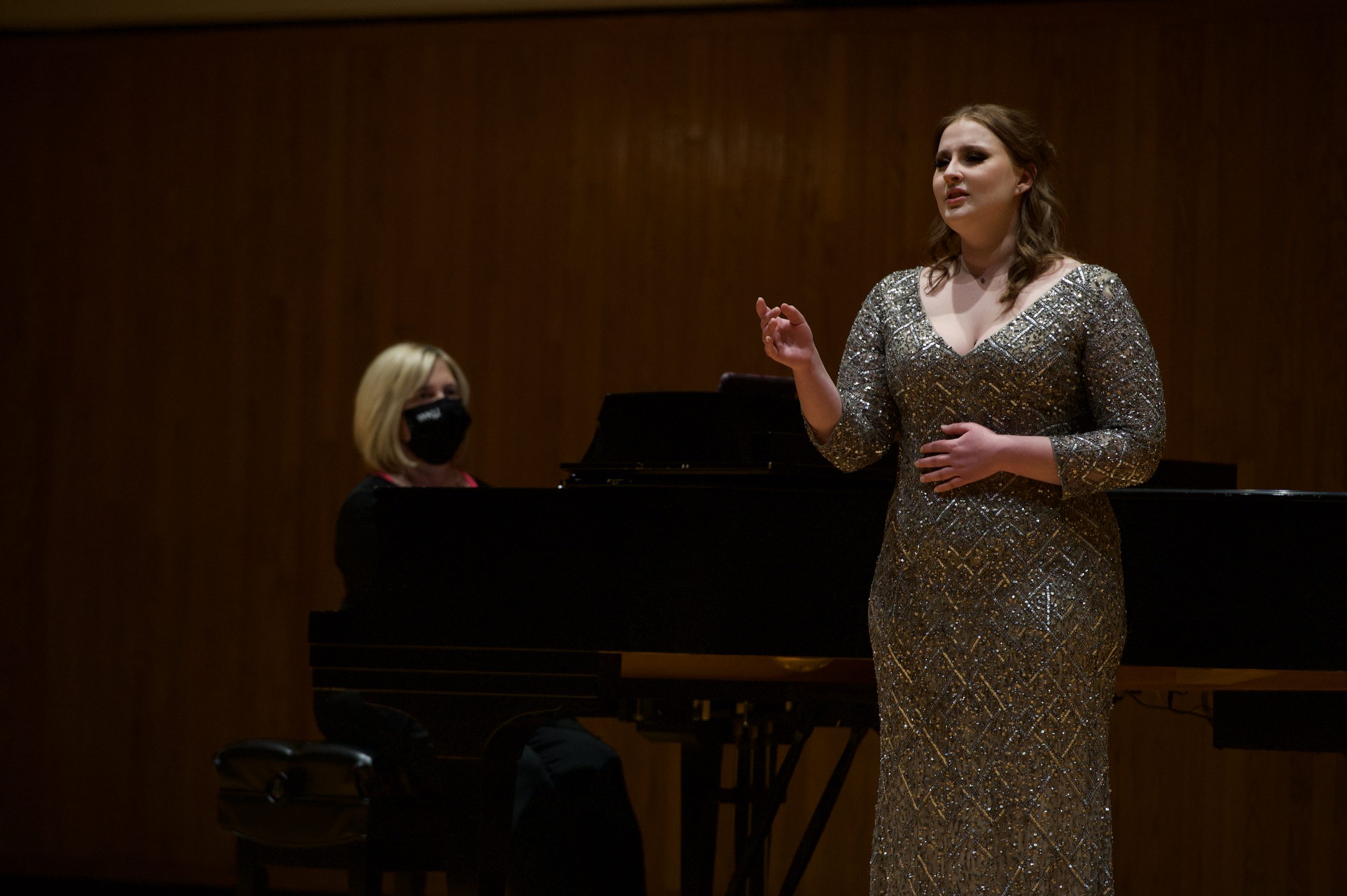Wayne Pope, a professor of music at WKU, reclines in a rocking chair in the living room of his home. The rhythmic rocking of his chair stops as the conversation picks up. Pope’s biggest passions in life are his kids, his motorcycle and opera, and unless you want to get an earful, he said you shouldn’t ask about them.
Pope has traveled throughout the U.S., Bulgaria, Italy, England and Israel as a performer and director of opera for over 20 years, accruing credits and connecting with people around the world.
For the last five decades, WKU has produced collaborative efforts between the department of music and the department of theater and dance featuring WKU students in full costume on brightly lit and expertly designed sets. Each performance gives students the chance to experience the professional capabilities of a full theatrical production, Pope said.
Pope recalled a particular show where the stage in Van Meter Hall was transformed into a brownstone street in New York City. Sooty bricks and gaping windows filled the stage, the product of painters and carpenters that worked with the sound technicians and costume designers to bring the set to life. Pope said the realistic design is something he treasures in all theater, but especially opera.
Pope was not always involved in opera. Up until his freshman and sophomore years in college, he had no interest in operatic arias, which are musical pieces meant for one voice unaccompanied by instruments that are typically a part of a larger piece of work. Pope instead wanted to continue his education in country, rock or jazz.







